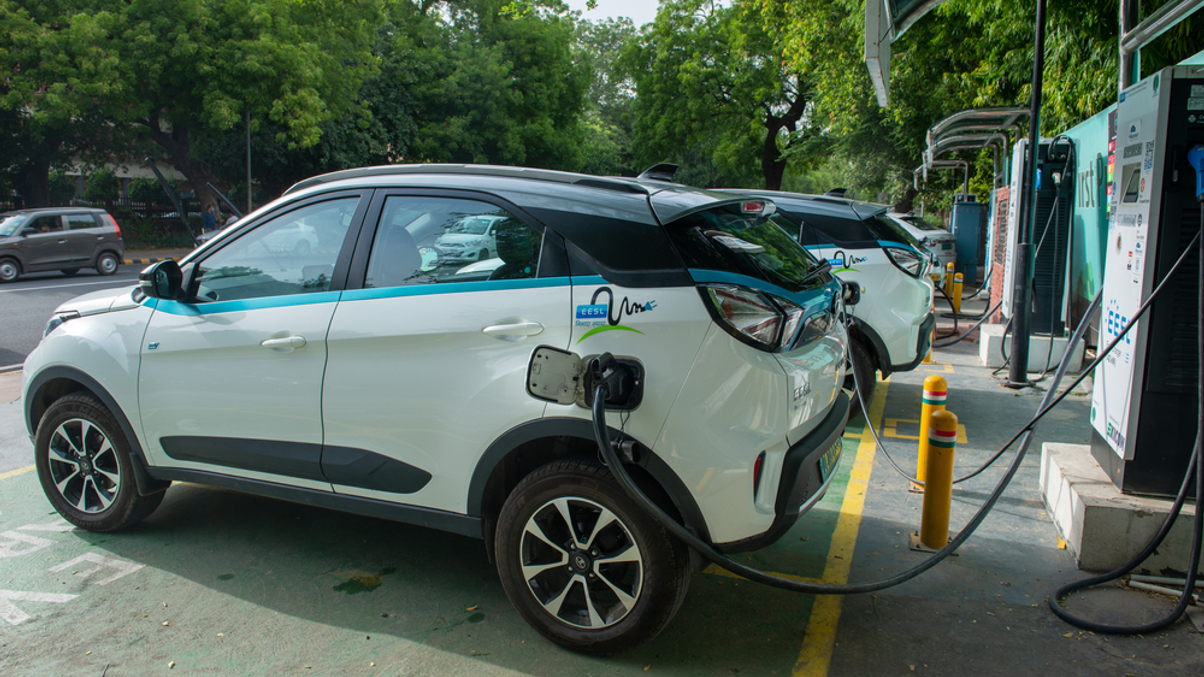Qatar SWF: India is the next big market for EV investments
Qatar Investment Authority is bullish on certain sectors in India, with electric vehicle and retail investments leading those bets, a top executive from the fund said at an event in Singapore.

India will be the next big thing for electric vehicles, a sector in which Qatar Investment Authority is very keen to deploy more capital, a top executive the Middle East fund said.
Sign in to read on!
Registered users get 2 free articles in 30 days.
Subscribers have full unlimited access to AsianInvestor
Not signed up? New users get 2 free articles per month, plus a 7-day unlimited free trial.
¬ Haymarket Media Limited. All rights reserved.


